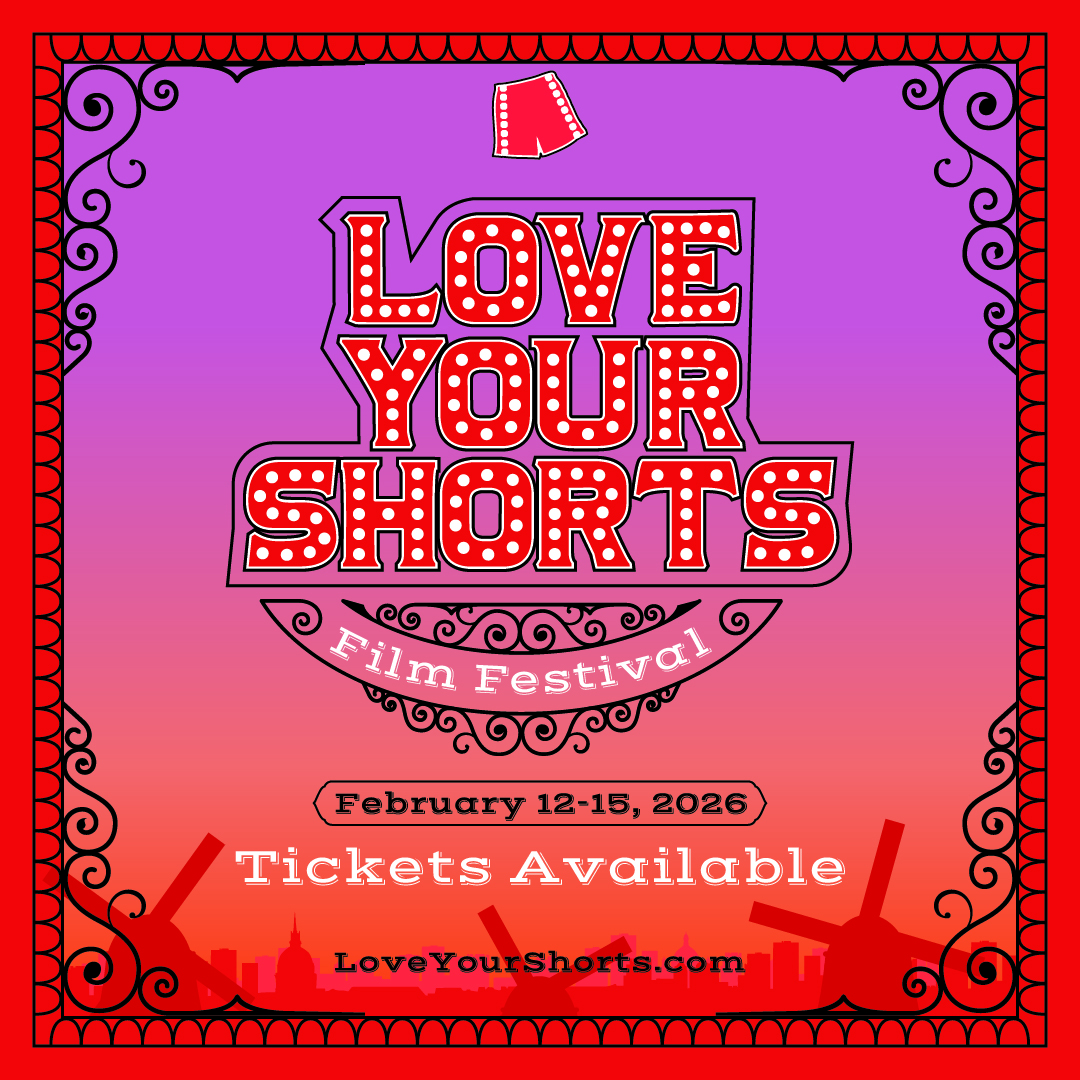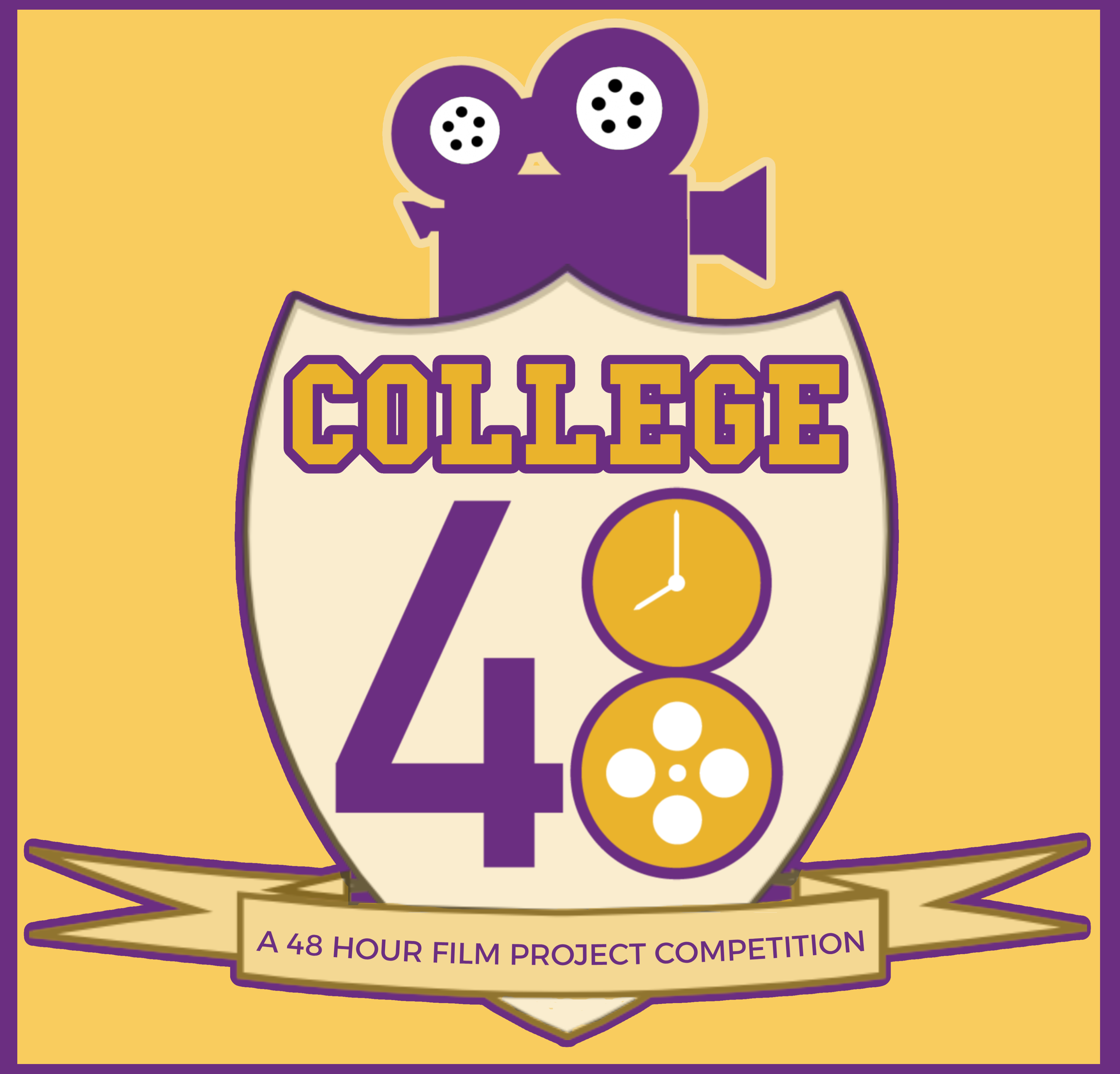South Africa 28
Listen to South Africa 28, a 21-year-old man from Witbank (also known as Emalahleni), South Africa, and also California, in the United States. Click or tap the triangle-shaped play button to hear the subject.
Both as a courtesy and to comply with copyright law, please remember to credit IDEA for direct or indirect use of samples. IDEA is a free resource; please consider supporting us.
BIOGRAPHICAL INFORMATION
AGE: 21
DATE OF BIRTH (DD/MM/YYYY): 1986
PLACE OF BIRTH: Johannesburg (but raised in Witbank)
GENDER: male
ETHNICITY: Caucasian
OCCUPATION: student
EDUCATION: Subject was a college student at the time of this recording.
AREA(S) OF RESIDENCE OUTSIDE REPRESENTATIVE REGION FOR LONGER THAN SIX MONTHS:
Subject moved to Witbank, South Africa, as a child. He was a student at UCLA in Los Angeles, California, in the United States, at the time of this interview. He and his family moved to Irvine, California, when he was 10 years old.
OTHER INFLUENCES ON SPEECH: N/A
The text used in our recordings of scripted speech can be found by clicking here.
RECORDED BY: Aimee Karlin (under supervision of David Nevell)
DATE OF RECORDING (DD/MM/YYYY): 2007
PHONETIC TRANSCRIPTION OF SCRIPTED SPEECH: N/A
TRANSCRIBED BY: N/A
DATE OF TRANSCRIPTION (DD/MM/YYYY): N/A
ORTHOGRAPHIC TRANSCRIPTION OF UNSCRIPTED SPEECH:
[INTERVIEWER: Tell me where you were born and a little bit about it.] Well, I was born in Johannesburg in South Africa, and then after two years of being brought up in Johannesburg, my parents moved to Witbank in South Africa, which is an hour southeast, I believe, of southeast or southwest of Johannesburg, and that’s where I grew up for ten and a half years before moving to the United States. There’s a huge mixture of … um … of just interactions between people because of how diverse the culture is. There’s a very large African culture which is kind of obvious and they really influence how um the white Africans go about their daily life. There are also Afrikaaners which are the Dutch settlers that have that colonized the country and their ancestors are so prevalent in the country. And then there are also the British the uh British settlers who uh also spawned uh a huge culture there. So there are all these different influences like with the British accent as well as South Africa uh the Afrikaaner accent and the Zulu accent that all influence how a South African dialect has kind of come about and why it’s so hard to place because of all the different um aspects of um… all the different aspects of uh the how diverse the culture is.[INTERVIEWER: Tell me a little more about the culture there.] The culture there’s nothing like it here really I mean there is a South African subculture here that is a little more, um, it’s very, it’s a very specific subculture here so missing all the aspects of the culture there like all the influences like there’s just so many influences from other countries, and other um cultures that, uh, created a very diverse African South African culture that I can’t find anywhere here, so its it’s hard to kind of get that satisfaction here with like you can only find it in South Africa; so it’s one of the things I miss as well as my family.
TRANSCRIBED BY: Aimee Karlin (under supervision of David Nevell)
DATE OF TRANSCRIPTION (DD/MM/YYYY): N/A
PHONETIC TRANSCRIPTION OF UNSCRIPTED SPEECH: N/A
TRANSCRIBED BY: N/A
DATE OF TRANSCRIPTION (DD/MM/YYYY): N/A
SCHOLARLY COMMENTARY: N/A
COMMENTARY BY: N/A
DATE OF COMMENTARY (DD/MM/YYYY): N/A
The archive provides:
- Recordings of accent/dialect speakers from the region you select.
- Text of the speakers’ biographical details.
- Scholarly commentary and analysis in some cases.
- In most cases, an orthographic transcription of the speakers’ unscripted speech. In a small number of cases, you will also find a narrow phonetic transcription of the sample (see Phonetic Transcriptions for a complete list). The recordings average four minutes in length and feature both the reading of one of two standard passages, and some unscripted speech. The two passages are Comma Gets a Cure (currently our standard passage) and The Rainbow Passage (used in our earliest recordings).
For instructional materials or coaching in the accents and dialects represented here, please go to Other Dialect Services.
 IDEA: International Dialects of English Archive
IDEA: International Dialects of English Archive





